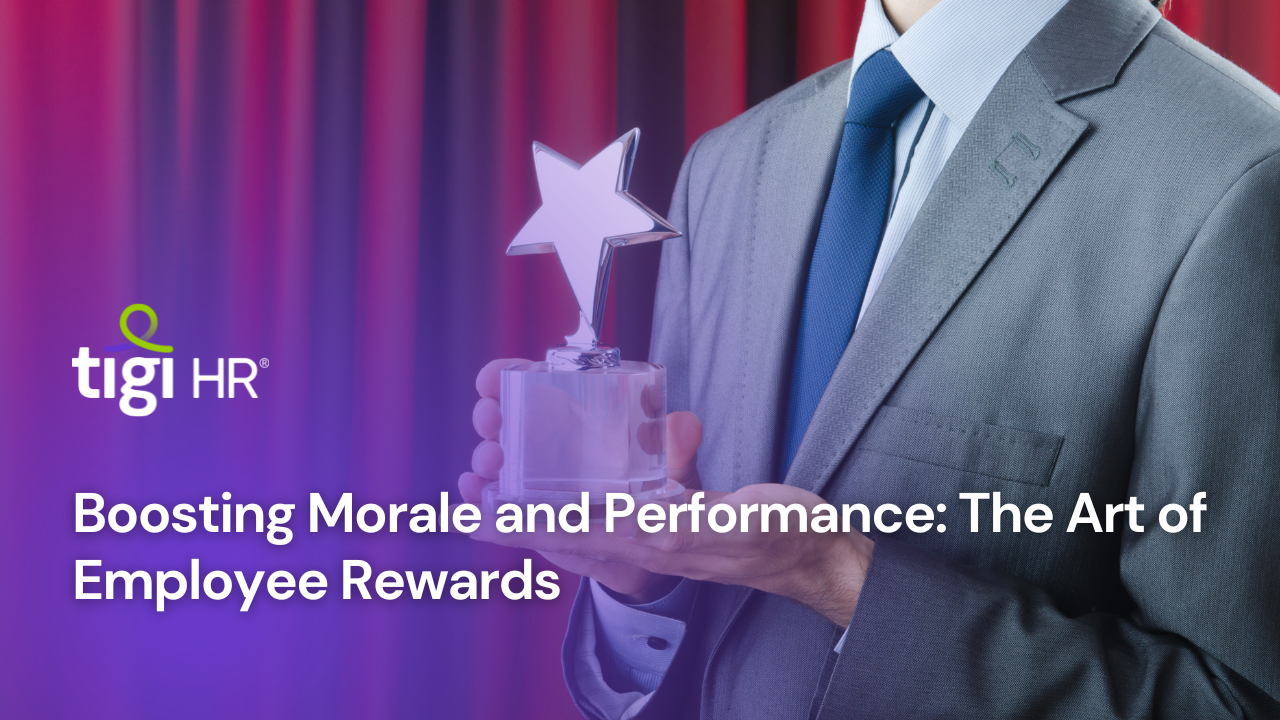In the dynamic landscape of modern workplaces, the correlation between employee morale and performance is undeniable. Companies strive not only to attract top talent but also to retain and motivate their workforce for optimal productivity. One pivotal strategy that resonates deeply with employees is the art of employee rewards. This article delves into the significance of employee rewards, their impact on morale and performance, and the most effective reward strategies that foster a thriving work culture.
Importance of Employee Rewards:
Employee rewards encompass a spectrum of incentives, recognitions, and perks offered by organizations to acknowledge and motivate their workforce. The significance of such rewards is profound. According to a study by Glassdoor, 4 out of 5 employees prefer new or additional benefits over a pay raise, emphasizing the value of holistic rewards beyond monetary compensation.
Impact on Morale:
Enhancing morale within a workforce is pivotal for a harmonious and productive environment. A well-structured reward system acts as a catalyst, fostering a positive work culture. Research by SHRM (Society for Human Resource Management) suggests that 69% of employees would work harder if they felt their efforts were better appreciated. Rewards serve as a form of recognition, validating an employee’s contributions, thus elevating their sense of belonging and purpose within the organization.
Driving Performance:
Employee rewards are not merely about boosting morale; they significantly impact performance metrics as well. A survey by Gallup revealed that organizations excelling in employee engagement outperform their peers by 147% in earnings per share. Tailored and meaningful rewards drive motivation, leading to increased productivity, higher quality output, and a more engaged workforce.
Effective Reward Strategies:
Crafting an effective employee reward system involves a nuanced understanding of employee preferences and motivations. Several strategies have proven successful in different organizational contexts:
- Personalized Recognition Programs: Acknowledging individual contributions through personalized recognition programs cultivates a sense of value and appreciation.
- Performance-Based Incentives: Implementing incentives tied to performance metrics aligns individual goals with organizational objectives, driving a results-oriented culture.
- Professional Development Opportunities: Investing in employees’ growth through training, mentorship, or educational allowances not only improves skills but also demonstrates commitment towards their career progression.
- Flexible Work Arrangements: Offering flexibility in work schedules or remote work options is increasingly valued by employees, contributing to their work-life balance.
- Wellness Initiatives: Supporting employee well-being through wellness programs, gym memberships, or mental health support reflects an organization’s care for its employees’ holistic wellness.
Statistics and Insights:
- According to a survey conducted by Deloitte, 85% of employees feel more motivated when their work is recognized.
- A study by Harvard Business Review found that companies with effective employee recognition programs have a 31% lower voluntary turnover rate.
- The American Psychological Association highlights that 89% of employees at companies that support well-being initiatives are more likely to recommend their company as a good place to work.
Conclusion:
Employee rewards are a linchpin in nurturing a motivated, engaged, and high-performing workforce. As the corporate landscape evolves, organizations that prioritize holistic reward systems tailored to individual preferences are better positioned to retain top talent, drive productivity, and foster a culture of appreciation and growth. By embracing the art of employee rewards, companies not only elevate their employees’ morale but also fortify their foundation for sustained success in a competitive marketplace.
Also Check: Impact of Work Life Balance





